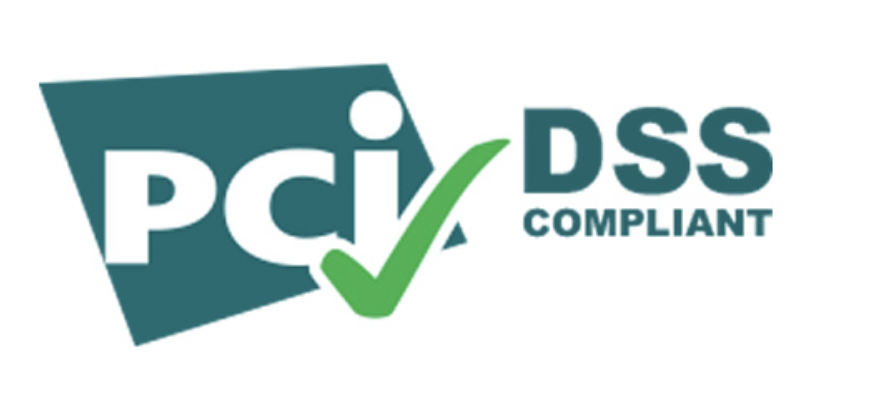PCI-DSS
What Is PCI DSS Compliance?
PCI DSS stands for Payment Card Industry Data Security Standard and it was developed by the PCI Security Standards Council to reduce internet payment card fraud. Any organization processing cardholder data must comply with PCI DSS. Compliance can be authorized by the following methods; a qualified security assessor (QSA), an internal security assessor (ISA), or a self-assessment questionnaire (SAQ) for companies with fewer cardholder data.
Why is PCI DSS important?
Compliance with PCI DSS shows that the appropriate efforts are being made to protect cardholder data from common threats like cyber theft and fraudulent use. Cyber-attacks have a great impact on the customers and to the business itself. Customers are directly affected and in addition, your business can potentially suffer by losing revenues, customers, and brand loyalty and trust. Data breaches are a regular occurrence for small businesses that don’t have the proper security measures in place. It is increasingly become of greater importance to take responsibility for your customer’s data and make sure that data is secure.
How Do You Become PCI DSS Compliant?
Compliance is measured by the merchant or service provider completing an audit of their cardholder data environment against the standard. There are standards expected of merchants and member service providers who store, process or transmit cardholder data. The following are the expected standards that help maintain PCI DSS compliance:
- Build and maintain a secure IT network
- Protect cardholder data
- Maintain a vulnerability management program
- Implement strong access control measures
- Regularly monitor and test networks
- Maintain an information security policy
Our mission is to empower companies to successfully manage global cybersecurity risks, vulnerabilities, and compliance requirements.






RB Advisory LLC is a cybersecurity advisory firm with headquarters in Winter Park, Florida. Our business model is designed to help ALL companies, public and private, with IT security and compliance issues. The services we provide are custom designed for all companies, to secure platforms, networks, IoT, social, and cloud platforms in all industries.







